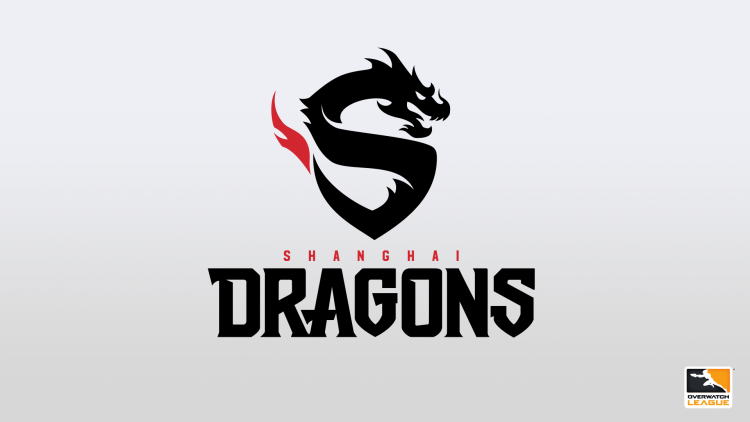The Dragons policed their own players, but should they be the only ones doing it?
Recently two players from the Shanghai Dragons Overwatch League (OWL) team, Xushu and Undead, were fined for account sharing. Unlike the recent ban issued to Sado of the Philadelphia Fusion, this fine doesn’t come from the league. Instead this fine comes from the team itself. In a statement on twitter the Dragons explained the situation and their response to it. The two players will receive fines and the teams coach, Shaco, will not receive his bonus for this month.
On the one hand, this is a good, proactive move by the Dragons. The team could have very easily missed the violation or even ignored that it occurred. Instead their team leader was vigilant and they took steps to reprimand their players. They also placed some of the blame on the team leader. While strict, it’s not uncommon for an organization to hold leaders accountable for the actions of the people under them. Additionally the twitter statement said that, “The team will fully comply with the League’s discretion in this matter.”
On the other hand, this move preempts any action the League takes against these players. While it’s possible and even likely that the League will have an official response and penalty for the players so far they haven’t. By handling the problem in-house the Dragons prevent the same kind of bad press experienced by the Philadelphia Fusion last month. One should also note that unlike the ban Sado received, there has been no mention of the fines imposed on the players or even that the incident occurred on the Overwatch League website. From a public relations standpoint this is a huge deal. The Dragons avoid most bad press from the incident, while at the same time gain acclaim for being proactive.
Why does this Matter?
This is important because while it’s good for teams to police themselves, the League does need to have the final say on issues such as this. The OWL isn’t just a tournament and the teams aren’t any typical esports teams. They are franchise teams of an organized and official league. That league sets the rules, and that league needs to set the punishment for breaking those rules. Teams should be proactive in situations such as this, and the Shanghai Dragons should be commended for taking fast and decisive action. But any sanctions a team puts on it’s players shouldn’t replace action from the League.
There are other things to consider here as well. Account sharing, especially as it occurred in this situation, is a far less severe than outright boosting. If the punishment is to fit the crime then the penalties for this action are probably appropriate. That said, both these actions and Sado’s boosting are in violation of the End User License Agreement, so is the severity of the violation even important here? Furthermore, because the league hasn’t released a statement doesn’t mean that they won’t. Being a new league any action they take in this first season could set a precedent for future incidents. It’s not unreasonable to assume that the league is still investigating the incident at this time.
There’s more than just two ways to look at this incident and the way in which the Shanghai Dragons handled it. What this means for the future of the Overwatch League and the ways in which other teams will handle similar issues in the future is yet to be seen. Again, It’s completely possible that there’s more going on internally with the OWL regarding this issue and that more will come out in future.
How do you think esports teams should handle fines when part of a league? Let us know in the comments. Overwatch League starts on January 10th. The Shanghai Dragons will face their first opponent, the Los Angeles Gladiators, at 6:00 PM PST that day.


